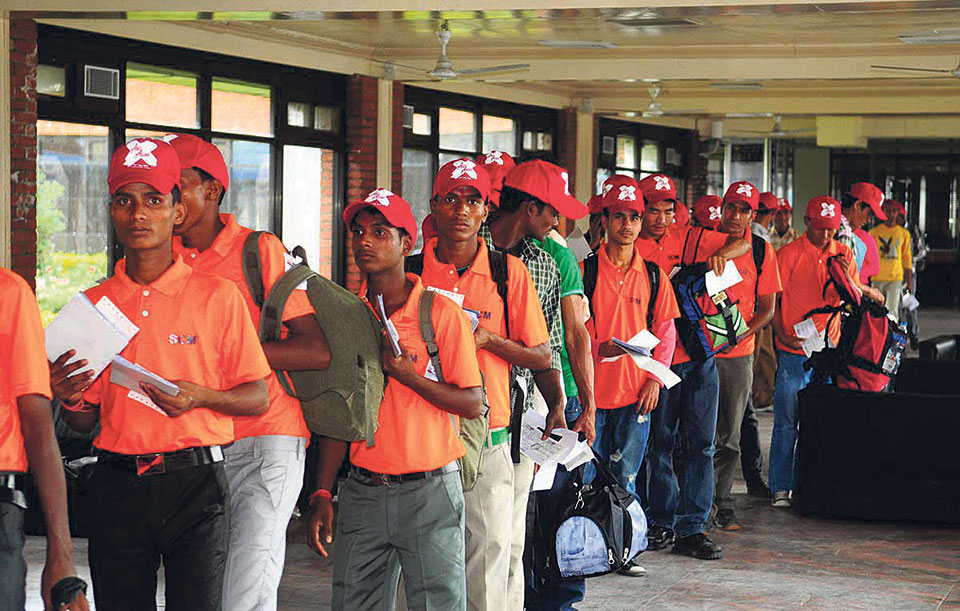By Rosmalis Anuar
KUALA LUMPUR, Feb 11 (NNN-Bernama) — The United States (US) Customs and Border Protection (CBP) has noted encouraging developments among Malaysia’s manufacturers following the issuing of withhold release orders (WROs) on several local companies over allegations of forced labour.
In a virtual press conference with the Malaysian media Thursday night, John P Leonard, deputy executive assistant commissioner of Office of Trade at CBP, John P. Leonard, said the agency will modify the WROs if the companies remediate their issues.
He cited the removal of the import ban on two Malaysian glove makers, WRP Asia Pacific Sdn Bhd and Top Glove Corporation Bhd in March 2020 and September 2021, respectively.
“The companies (WRP Asia Pacific and Top Glove) improved their workers’ condition, got people paid, took care of debt bondage issues, and we modified the WRO.
“Now they are absolutely free to import into the US, which, of course, is a very critical market for these companies. So that’s the process that we want to happen,” he said, adding that both companies had a consistent and persistent engagement with the agency.
Several Malaysian companies — particularly in the rubber glove and palm oil industries — have come under scrutiny over allegations of forced labour in the last two years and have been banned from selling their products to the US.
These companies include YTY Industry Holdings Sdn Bhd; Brightway Group; Smart Glove; Supermax Corporation Bhd’s wholly-owned subsidiaries (Maxter Glove Manufacturing Sdn Bhd, Maxwell Glove Manufacturing Bhd, and Supermax Glove Manufacturing); Sime Darby Plantation Bhd; and FGV Holdings Bhd.
Leonard said the CBP has engaged with the Malaysian government and industries regarding the forced labour allegations in the past couple of months and will step up discussions to tackle the issues.
Human Resources Minister M. Saravanan on Thursday said Malaysia is ready to work with the US and the United Kingdom (UK) to address human trafficking, especially on forced labour, and would meet with their diplomatic missions on the matter.
Leonard also commended Malaysia’s initiative to eliminate the use of forced labour through the National Action Plan on Forced Labour (NAPFL) 2021-2025 and decision to ratify the International Labour Organisation (ILO) Protocol 29.
On the requirements needed for the CPB to lift the import ban, its executive director for trade remedy and law enforcement, Eric Choy said modification is made after reviewing evidences that the companies have addressed all indicators of forced labour identified at their facilities based on the ILO framework.
“Say that restriction of identity documents was an indicator found, meaning that the workers’ passports or personal documents are held to limit the freedom of movement, the company would have to demonstrate that they remediated through that.
“Due to the travel restrictions in a couple of years, to verify that, there’s an independent third-party audit that comes in and able to verify that remediation step has been made. That’s generally how we approached the remediation to the WROs,” he said.
Choy said the independent auditors are normally appointed from those prominent in the human rights field.
— NNN-BERNAMA




